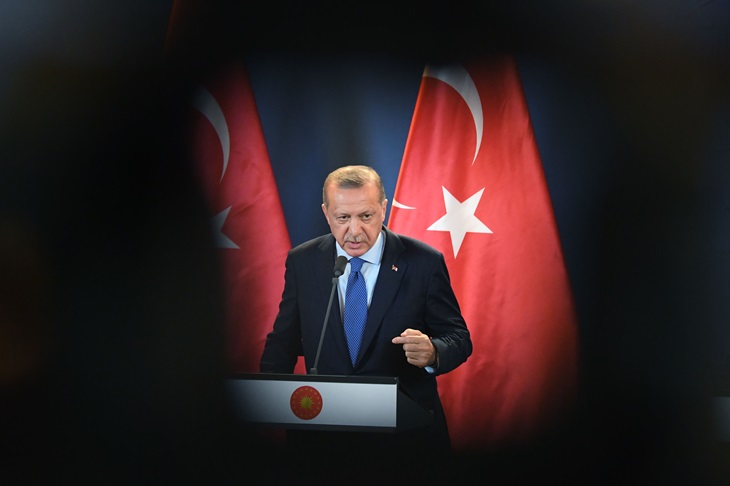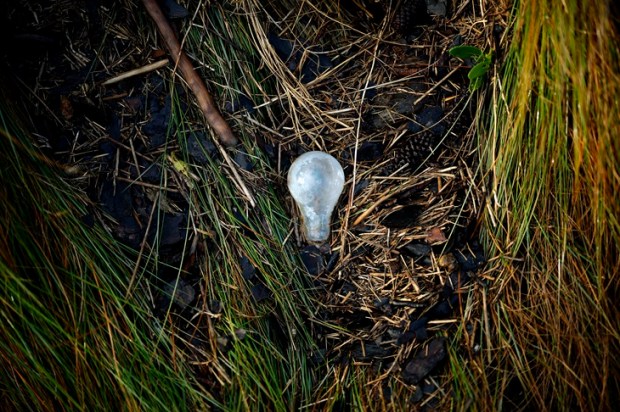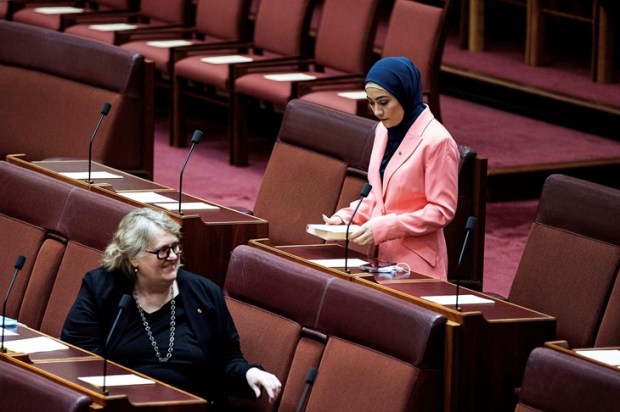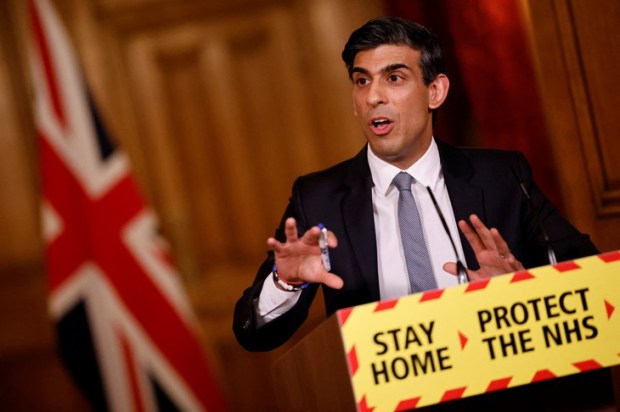‘I come to bury Caesar, not to praise him,’ Shakespeare’s Mark Antony declared, before gradually inviting the bloodthirsty crowd before him to lament the loss of Rome’s great general. One senses that President Recep Tayyip Erdoğan is attempting an inversion of this famous sleight of hand, each time he insists upon his reverence for Turkey’s own military-cum-political leader, Mustafa Kemal Atatürk, before extolling the virtues of the very principles Atatürk fought so hard to eradicate.
Already a subscriber? Log in
Subscribe for just $2 a week
Try a month of The Spectator Australia absolutely free and without commitment. Not only that but – if you choose to continue – you’ll pay just $2 a week for your first year.
- Unlimited access to spectator.com.au and app
- The weekly edition on the Spectator Australia app
- Spectator podcasts and newsletters
- Full access to spectator.co.uk


























Comments
Don't miss out
Join the conversation with other Spectator Australia readers. Subscribe to leave a comment.
SUBSCRIBEAlready a subscriber? Log in